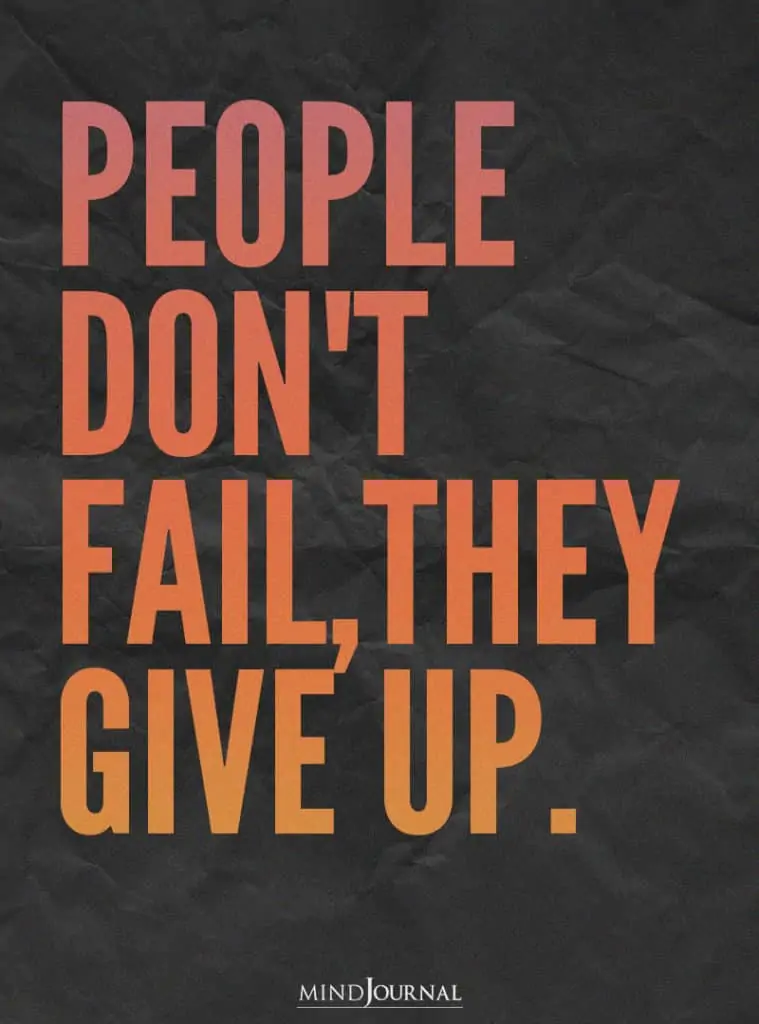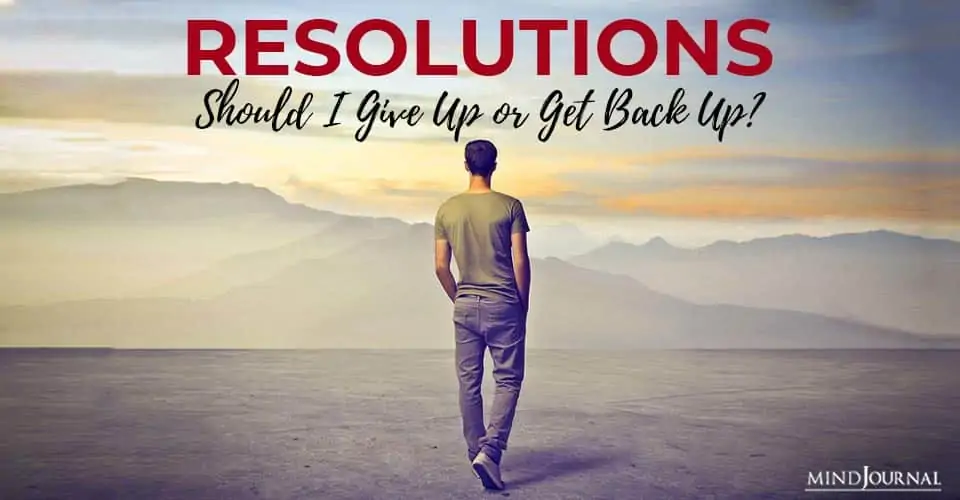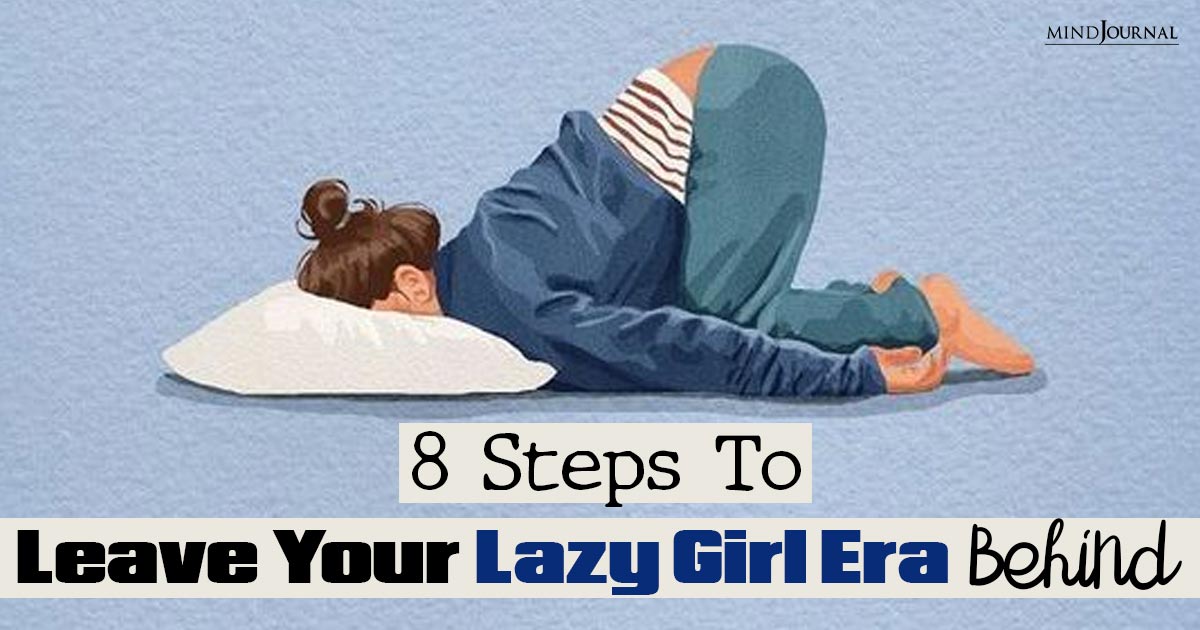It’s February. Which means that statistically if you had set any new year’s resolutions, they aren’t going well. The question however is: should I give up or get back up?
With the rest of the 11 months ahead, the question some of you might be asking is,
“Should I give up or get back up?”
January 1st, New Year’s Day, represents to many if not all of us, a new beginning. The dawn of possibilities and opportunities. For fat loss, muscle gain, love found, and insights discovered.
We are creatures that crave newness. New mercies, new opportunities. new life.
We like new. New is good, and old is bad.
Unfortunately for most new things, they turn old. What was once the beginning of a new year, a new you, a new life, soon turns out to be, not that at all different than the old year, old you, and old life.
Bur for those who made resolutions, commitments and decisions, to do, be, and live differently, can we make February the new January?
Can we make February the season of acknowledging our humanness, our propensity towards temptations and indulgences, and can we resolve, commit and decide once again, to put first things first?
Give yourself a break and don’t give yourself such a hard time.
Mistakes happen. Pizza happens. Sleeping in happens. Bad decisions happen.
And we can either accept that we are without access to power, and give up on our vision of a new self and a new life, or we can try again.
We can either give up or try again.
We can either fall down and stay down, or get up and go down.
Life is not a race. And although many like to use the metaphor instead of a marathon, I prefer a different type of run.
A snowboard run.
Snowboarding is one of those activities where you can’t give up. If you do, you’re stranded on the face of a mountain. You have to get up. And you have to go down. You don’t have the option.
When it comes to life, might we all consider and benefit from looking at it, more as a snowboard run. Falling fact first and wiping out, are simply natural and normal conditions to the run of life.
Read 7 Examples of How Successful People Set Goals and Achieve Them
There is no failure, just falls.

So you fell. That’s okay. We all do.
Why not get back up and get on down?
How do I know if I should give up or try again?
Well, let’s take a look at addiction.
In Gerald G May, M.D.’s book, Addiction and Grace: Love and Spirituality in the Healing of Addiction, May lists out the common patterns of self-deception the mind adopts in order to continue the addiction(s) its developed. May notes that they do not necessarily happen sequentially but instead overlap and often repeat.
1. Denial and Repression
‘the conscious mind studiously ignores or rejects any signs of increasing use of the substance. Not only does the person not recognize that a problem exists, she doesn’t want to think about it.
She doesn’t see any reason even to consider it. This is denial. [Eventually]… the person now recognizes that addiction exists, but he keeps the knowledge unconscious… He must always keep his mind either occupied or dulled, so that no clear space opens within which the conscious realization might occur. Moments of peaceful openness and self-reflection, which may have seemed so pleasant in the past, are now actively avoided.’
Read Denial Of Bad Behavior: What You Can Do
2. Rationalization
‘Whenever denial and repression fail, the addicted person realizes some kind of problem exists. The realization calls forth a new defensive maneuver, which is to rationalize, to make excuses in an attempt to justify the addictive behavior.
These rationalizes are not intellectual lies; the person actually tries to convince herself that they are true. “I need a drink because I feel depressed.” “I deserve a drink to celebrate.” “I have to have these pills to help me sleep.” “Life is short, why not enjoy it?”’
3. Hiding
Eventually the person is fully aware of their addiction and is no longer able to deny it.
‘But since hiding the truth from oneself is no longer as effective, it becomes increasingly important to hide it from other people. Now the addictive behavior becomes more secretive; the person may hide bottles and consciously lie.’
Read How To Set SMART Goals for Lifestyle Change
4. Delaying Tactics
‘in virtually ever major addiction, there comes a time when one resolves to master it…[and] decides to quit… Sensing an impending frontal attack upon its addiction, the mind comes up with the most cunning, inventive strategies possible… The mind will suggest, perhaps, that it is not wise to rush into such things.
“I need to think this through and decide carefully when and how to quit and what my reasons and strategies will be.”
The “resolving to resolve” stage can effectively prohibit any real action from taking place for years at a time.
Other procrastinations include looking for an ideal time to stop.
- “I’ll wait until Lent; it would be a good spiritual discipline.”
- “I can’t stop yet because it will make me anxious and irritable for a while, and I have all this important work to attend to.”
- “I’m really not feeling well enough right now.”
- “Maybe I should pray about it and God will show me when and how to quit.”
- “The next time I have a blackout, that will be the sign that it’s time to quit.”
- “What I’ll do is go and drink and drink until I get sick of it, and then I’ll really want to quit.”
- “Well, this is it. I’m going to quit. This is the red-letter day. I’ll have a drink to celebrate.”
Read How To Stop Procrastinating: The Complete Step By Step Guide
5. “I Can’t Handle It”
‘Repeatedly failed resolutions eventually lead to depression and to some kind of admission of defeat… the person simply surrenders to the addiction… If the person is sophisticated in the language of Alcoholics or Narcotics Anonymous, she is likely to try to convince herself that this, finally, is the rock-bottom surrender that will somehow save her. But the “higher power” to which she is surrendering is not God; it is the addiction itself.”’
Or, the person may approach it more aggressively and simply say “Who cares? What difference does it make?” and continue on believing there is no longer a reason to stop.”
6. “I Can Handle It”
At some point, the person can find some sense of freedom and control over their addiction. But at some other point in the near distant future, be it a few days or months, the person falls into old patterns. “Everything was going so well, and I Wasn’t even thinking about drinking, but all of a sudden there I was, with a drink in my hand, and I was already feeling high.” At this point, “I am free” becomes “I can handle it.” They begin to believe that they can engage in this behavior without being “addicted to it.”
- “I’m moderating it.”
- “No more than three snorts a day.”
- “I only drink on social occasions where it would be embarrassing to say no.”
- “I only have on drink before supper.”
- “I take a pill or two only on weekends.”
- “It’s not the occasional beer that gets me in trouble, it’s the hard stuff.”
7. Breakdown
At this point, the person completely gives up and “without even the wil to resist, the use of the chemical increases dramatically, further impairing judgment.” The rationalizations change and take on new forms.
- “If I could just get a hundred thousand dollars, my life would be different.”
- “I’m going to leave everything and start life all over again in another country.”
- “If it weren’t for my boss treating me the way he did, I wouldn’t be in this state. He doesn’t deserve to live.”
- “It’s a lousy, rotten world anyway. Who cares what I do? I’ll show them I’m somebody.”
8. Collusion
The final component/pattern of addiction is when the people in the addicted person’s life begin to “collude” or enable the addicted person. This well-known as “codependency.” “Ironically,” May says, “it is the most sympathetic, compassionate, loving persons in the addict’s social circle that are most likely to fall into such collusion.”
May even admits, professional medical or psychological helpers are by no means immune to this problem.
Physicians may prescribe other drugs to help people quit the primary chemical, thus producing multiple chemical addictions.
‘Psychotherapeutic help may prolong the addictive behavior while therapist and client spend months or years trying to uncover nonexistent childhood experiences to explain the addiction. It as if the therapist teaches the addicted person to think, “I have become addicted because of some personality defect or old psychological trauma. I must spend months, perhaps years, trying to identify and solve my psychological problems (and while all this goes on, I have an excuse to keep on being addicted).”’
Read Are You Strong-Willed or Willful?
So, should I give up on that resolution?
Maybe if it was unattainable or in the spur of the moment of exuberance and champagne, but I am keen to believe that for most of us, our resolutions were made not on a whim but rather something that has emerged as it has stewed within us.
Getting a grasp on our addictions, whether it be laziness, overworking, distraction, fantasy, you name it, will take a life time. The solution is not to say as May reminds his readers is not to simply say “oh well, I’ll never be able to get over this, it’s just who I am.”
Read 30 Life Altering New Year’s Resolutions To Live By In 2021
When we fall down we can either give up or get up.
If you find your resolutions hard to accomplish, then there is all the more reason to try again. To put more and greater effort in getting a grasp and maybe one day overcoming whatever bad habit you have.
Let February be the the new January. Let every month, everyday in fact be January 1st. Everyday is another and new opportunity to begin again.
Don’t give up and get back up.
#beingisgreaterthandoing
PS: Addiction and Grace will provide those who are open, a deep look into the recesses and shadows of their soul. I highly recommend it! Get it here on Amazon. (not an affiliate link. I just think it’s a good book)
Written by: Ryan Lui Originally appeared on Ryanlui.com Republished with permission.









Leave a Reply
You must be logged in to post a comment.